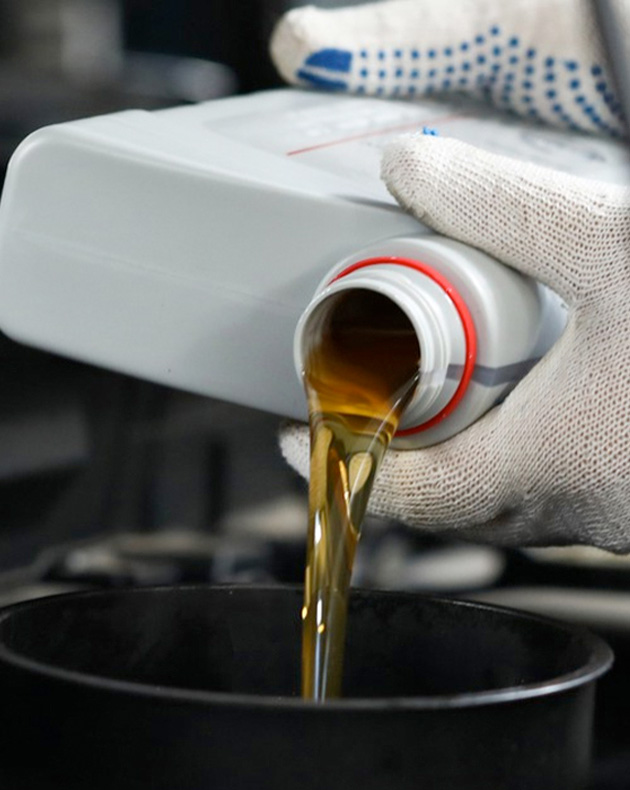

SPECIAL PRODUCTS
Coal
Coal is a fossil fuel formed from the remains of plants that lived and died millions of years ago. It is primarily composed of carbon, along with various other elements such as hydrogen, sulfur, oxygen, and nitrogen. Coal is mainly used as a fuel source for electricity generation and industrial processes.
Bitumen
Lubricant
Additive
Base Oil
Base oil is the primary component of lubricants. It serves as a lubricating medium and provides the necessary properties for effective lubrication. Base oils can be derived from crude oil through refining processes or can be synthetic oils derived from chemical reactions. There are different grades of base oils available, ranging from mineral oils to highly refined and synthetic oils, depending on their viscosity, oxidation stability, and other performance characteristics.
These special products play crucial roles in sectors such as automotive, industrial machinery, agriculture, and many other industries where efficient operation, performance, and sustainability are essential.


